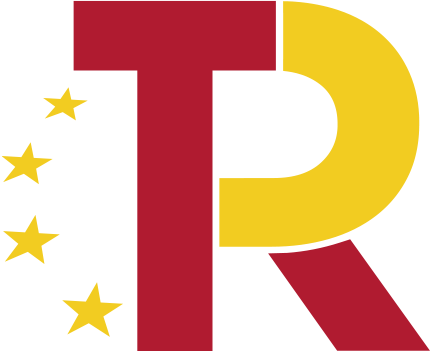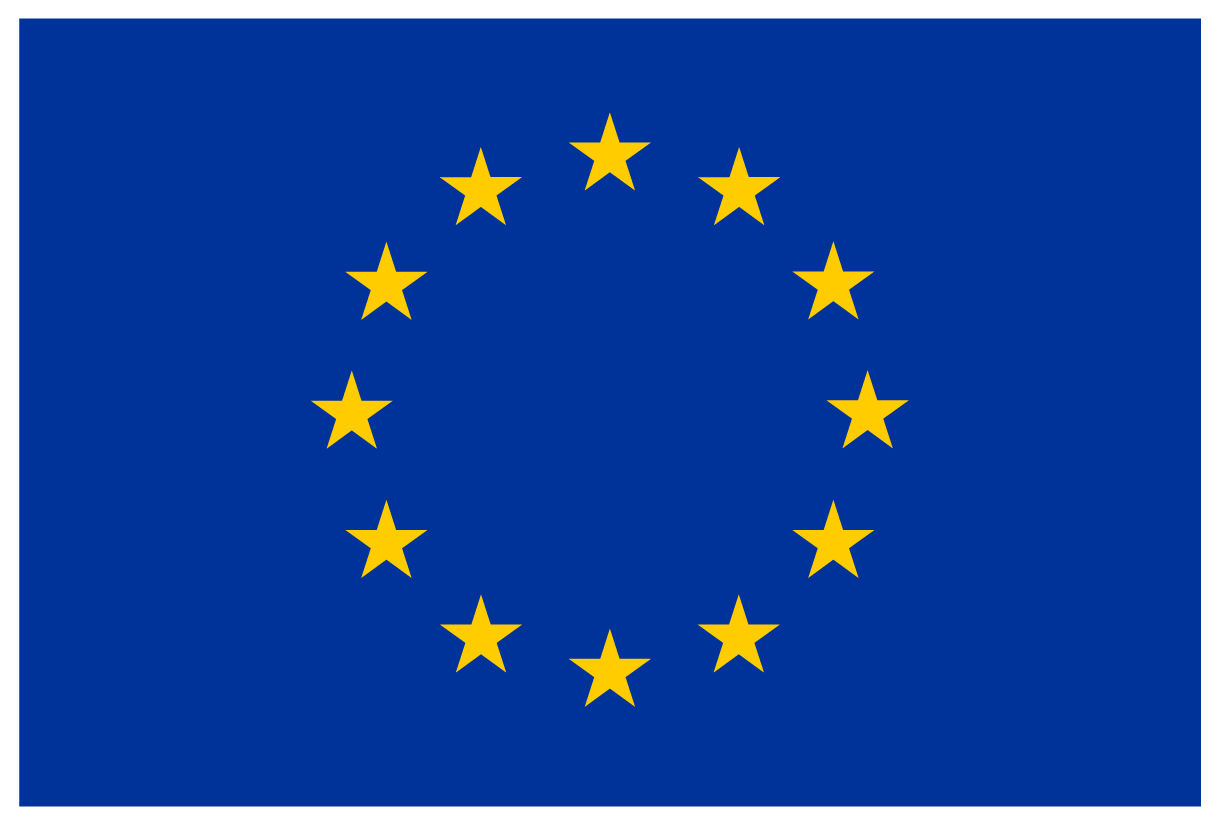Check out the microcredential website of University of Málaga to register. You can let us know your preferences by filling in the form below. Download our FAQ to know more about the course inscription.



Lenses and Gaussian beam propagation
University microcredential
Language: English
From April 6, 2026 to April 24, 2026
3 ECTS - 30 hours
Mode: Online and hybrid
This course begins with an introduction to the fundamentals of geometric optics, covering key postulates of ray optics and light interaction at media interfaces. It then delves into lens characteristics, providing essential definitions and explaining their role in optical systems. The course introduces matrix methods as a tool for analyzing and solving complex optical system problems.
Participants will learn to apply ray tracing techniques to identify image formation and will also focus on simulating optical systems using commercial software. The course covers the use of lenses in signal processing, including Fourier transform applications, and introduces diffraction concepts with an emphasis on theoretical approaches.
Practical applications of lens theory and Gaussian beam propagation are explored in both integrated photonics and astronomy. Finally, the course addresses Gaussian beam properties, offering a mathematical approach to describe their behavior through lenses, complemented by electromagnetic software simulations for practical visualization.
The course aims to provide students with a strong knowledge base for other micro-credentials and highlights the current state and challenges in integrated photonics, motivating students to further explore and study this field.
Lecturers
Invited speakers
Timeline
The course will start on April 6, 2026 and will end on April 24, 2026. The first half will be online lessons about concept and fundamentals, while the second half will focus mostly on laboratory exercises and simulations that can be made either on-site or online (hybrid mode).

The courses will be funded for up to 12 students who meet the established academic requirements thanks to the Plan de Recuperación, Transformación y Resiliencia  and the NextGeneration EU
and the NextGeneration EU  . A brief interview or exam may be conducted to gain a better understanding
of the applicant's background and motivations. The registration fee for the rest of the students will be 450 €.
. A brief interview or exam may be conducted to gain a better understanding
of the applicant's background and motivations. The registration fee for the rest of the students will be 450 €.
Students who enroll in any microcredential must hold a bachelor’s degree in one of the following areas:
- Engineering (in any of its specialties).
- Physics.
- Chemistry.
- Mathematics.
In exceptional cases, students who are currently pursuing a bachelor’s degree in one of the aforementioned fields and still need to complete 30 ECTS (excluding the final degree project and external internships) may be admitted.
Students who complete all the microcredentials (not necessarily in the same courses edition) will receive the Specialization Diploma in Integrated Photonics from the University of Málaga.
- Geometrical optics and lenses.
- Matrix optics.
- Image formation system.
- Gradual index optics (GRIN).
- Fourier optics.
- Fresnel and Fraunhofer diffraction.
- The gaussian beam.
- Gaussian beam propagation through lenses.
The professional software ANSYS ACADEMIC LUMERICAL MULTIPHYSICS will be available for students to perform the laboratory exercises proposed in the different microcredentials from their own computers. This software is widely used by companies in the sector and research centers for modeling, simulation, and design of integrated optical devices.